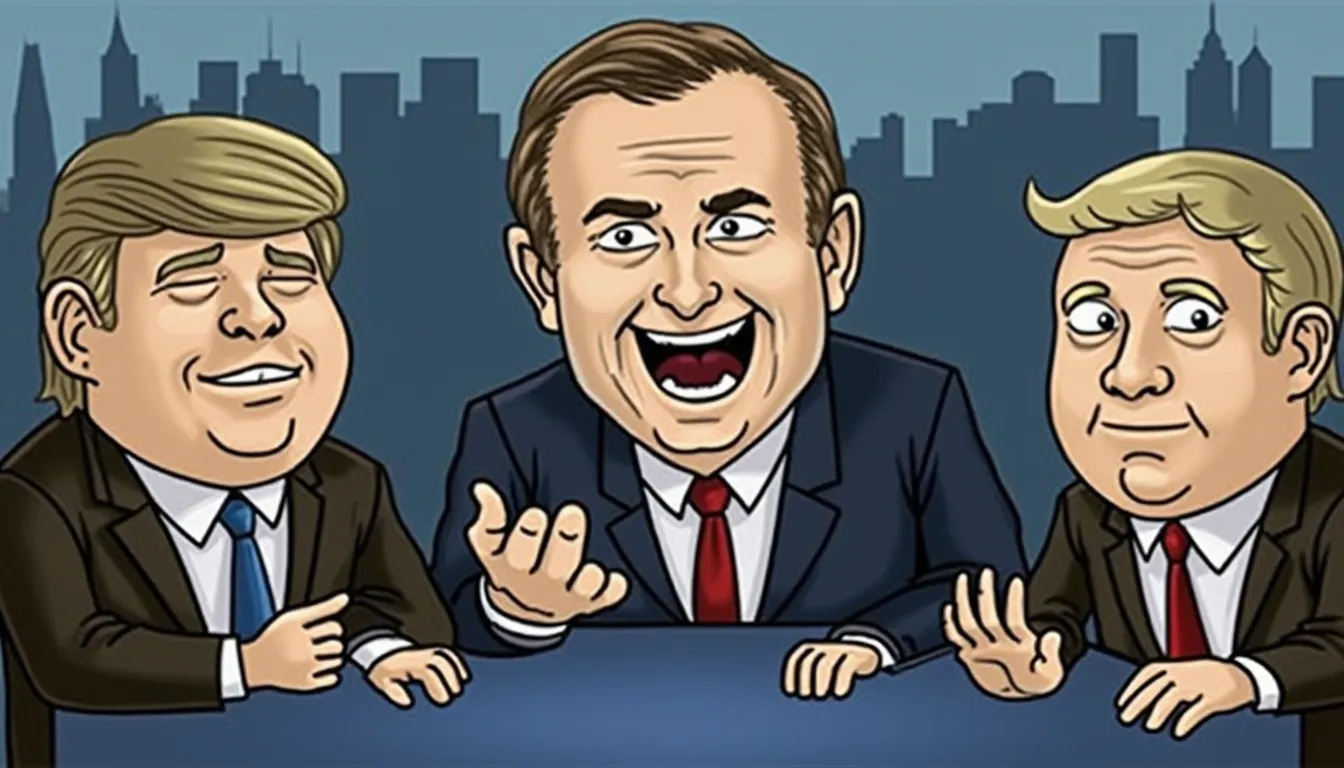
Hurt PBS Confronts Teamsters Over Lack of Support for Democrats: ‘Attempting to Strike a Balance?’
In a recent article featured on Newsbusters, the coverage by PBS surrounding the International Brotherhood of Teamsters’ decision not to endorse any Democratic candidates has come under scrutiny. The commentary highlights potential biases in PBS’s reporting, particularly in how it frames the union’s significant choice during this election cycle.
Criticism of PBS Coverage
The critique centers on PBS’s handling of the Teamsters’ announcement, suggesting that the network attempts to maintain an appearance of balanced reporting while implicitly criticizing the union. Critics argue that the coverage reflects preconceived notions about unions’ traditional political alliances with the Democratic Party.
The Teamsters’ Decision
As one of the largest labor organizations in the United States, the International Brotherhood of Teamsters has been a historically strong supporter of Democratic candidates. Their current decision not to make an endorsement in the upcoming elections has raised eyebrows, positioning the union in a potentially pivotal role amid changing political landscapes.
PBS Anchor’s Comments
PBS anchor Geoff Bennett addressed the Teamsters’ decision during a report, emphasizing the unexpected nature of this choice. His comments, as interpreted by critics, framed the union’s lack of endorsement as surprising, suggesting a level of disapproval or concern over their departure from traditional partisan support.
Perceived Bias
The overarching narrative in the article suggests that PBS might be trying to play both sides—reporting on the Teamsters’ decision while subtly stigmatizing it. This approach has led to accusations of bias against the network, with the implication that the union’s decision is seen as a deviation from expected political behavior.
Political Implications
Beyond the lens of media criticism, the Teamsters’ choice not to endorse any candidates may indicate a broader evolution within union politics. The decision raises questions about the independence of labor organizations and their strategies in navigating a politically charged environment, suggesting a possible shift towards maintaining autonomy from partisan structures.
In summary, the tension between PBS’s presentation of the Teamsters’ non-endorsement and the historical context of union support for Democrats presents a complex landscape. As political dynamics continue to evolve, both media outlets and labor organizations may find themselves reassessing their traditional roles and alliances.
